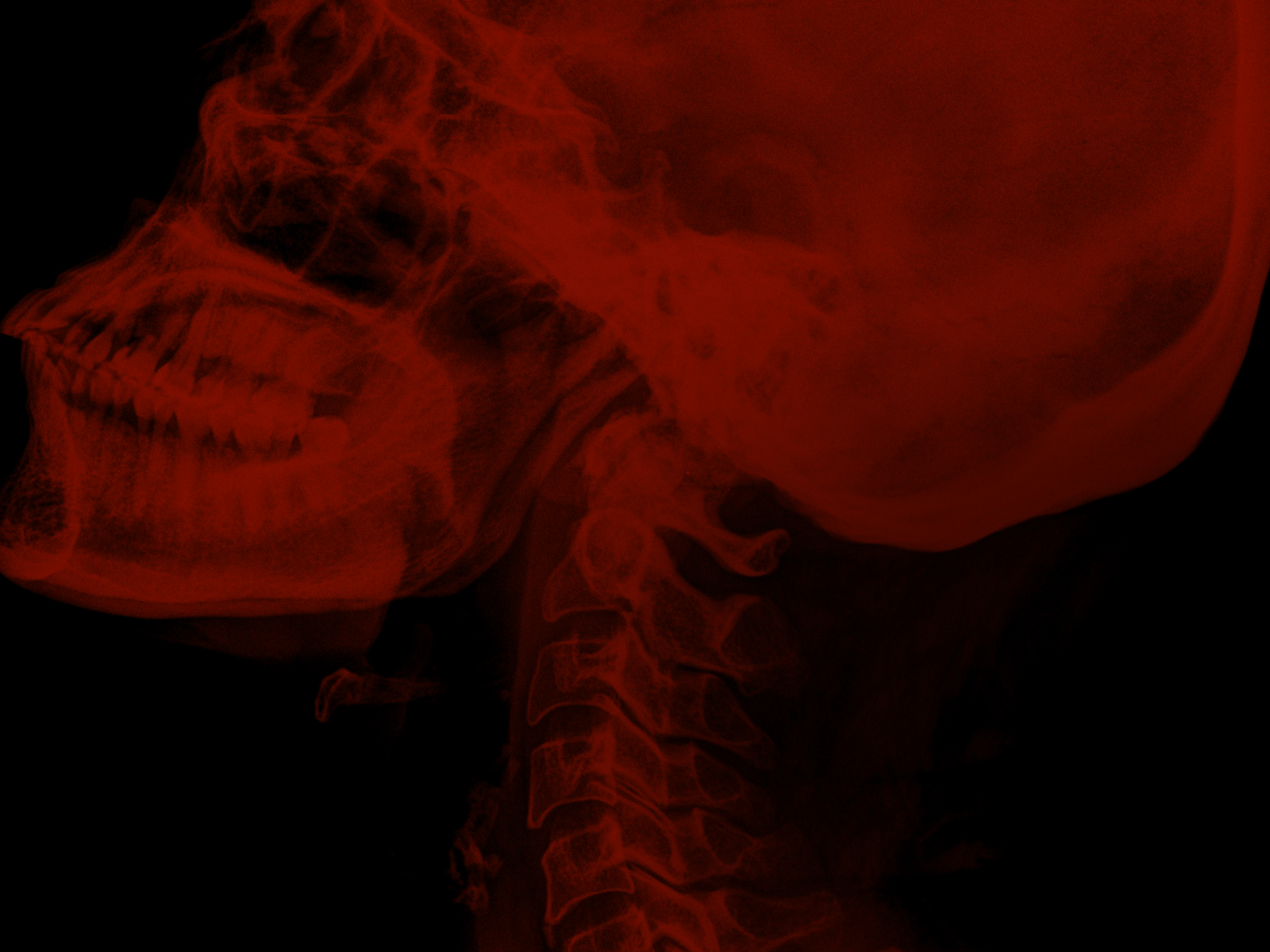It won't be an easy decision for the bank's executive board. Many observers regard Ms Okonjo-Iweala, Nigeria's finance minister, as the candidate most able to likely give the bank new direction, despite her background as an orthodox economist. She is also seen as seemingly able to cut through the divergent interests in Africa to become the region's choice for the role.
Mr Kim, a medical doctor by training, has a quite different background. The Economist dismisses him as a "public-health professor" whose nearest experience with a global body was as head of HIV/AIDS at the World Health Organisation—"not a post requiring tough choices between, say, infrastructure, health and education," the newspaper said. "If Mr Obama had not nominated him, he would be on no one's short list to lead the World Bank."
But this is unfair, and it is worth looking more deeply at what Mr Kim can bring to the role. Public health is increasingly coming to be seen, and rightly so, as the cornerstone to economic success. Ms Okonjo-Iweala describes one as one of the most formative experiences of her life an arduous journey to a clinic 10km from her home, with her malaria-stricken sister strapped to her back. The sister is now herself a doctor.
In 1987 Mr Kim and colleagues founded an organisation called Partners in Health, which aims to improve access to healthcare to poor people. Rather unhelpfully, The Economist points out that the organisation is "a charity, not a development bank". But this diminishes the influence of Partners in Health, whose model has been adopted by the WHO.
A growing body of evidence is emerging that underlines the links between equity in provision of healthcare, and the broader health of the economy. Mr Kim's experience in public health—requiring hands-on negotiation with stakeholders from many sectors—should at least put him on an equal footing with candidates whose careers have been spent exclusively in finance roles.
There is an urgent need for whoever takes the post to make the World Bank regain its relevance. One cynical reader commented on the Economist article, "the sooner [the bank] folds up, the better. Perhaps in choosing a doctor with experience in terminal diseases, Mr Obama has made the right choice."
The views and opinions expressed in this article are those of the authors and do not necessarily reflect the views of The Economist Intelligence Unit Limited (EIU) or any other member of The Economist Group. The Economist Group (including the EIU) cannot accept any responsibility or liability for reliance by any person on this article or any of the information, opinions or conclusions set out in the article.





